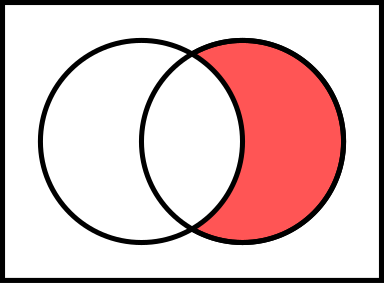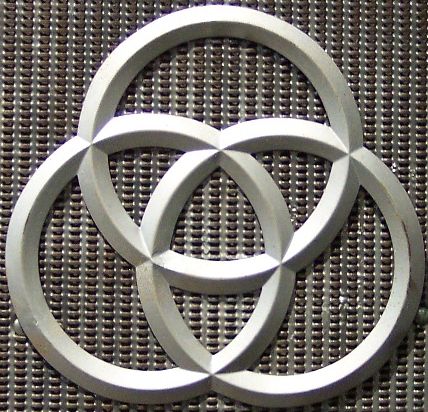Reading good books enriches our lifes. We can share experiences of others, sometimes romantic, sometimes painful, and by spending a few days to read a novel we can jump in other times, in another society and in another personality. Reading books is really a good investment of the short time that is given us in life.
But now a new study from Yale University shows that we not only gain knowledge and wisdom from reading fiction books, but that it can directly extend our physical life time.
The study, which is
published in the September issue of the journal Social Science & Medicine,
looked at the reading patterns of 3,635 people who were 50 or older. On
average, book readers were found to live for almost two years longer
than non-readers. “When readers were compared to non-readers at 80% mortality (the time it
takes 20% of a group to die), non-book readers lived 85 months (7.08
years), whereas book readers lived 108 months (9.00 years) after
baseline,” write the researchers. “Thus, reading books provided a
23-month survival advantage.”
The paper also specifically links the reading of books, rather than
periodicals, to a longer life. “We found that reading books provided a
greater benefit than reading newspapers or magazines. We uncovered that
this effect is likely because books engage the reader’s mind more –
providing more cognitive benefit, and therefore increasing the
lifespan,” the authors concluded.
Although I like the result of this study a lot, and I intuitively strongly believe in their conclusion, from a methodological point of view it suffers from the same shortcomings as many other retrospective social studies. The studies usually analyse questionaires they receive from randomly picked individuals. No doubt, analysing 3, 635 peoples health status and their reading behaviour is a vast amount of work and an association found between the reading habits and health status will be significantly and reproducible.
But what remains to be shown is the causality. I.e. can I increase my life expectancy (or this of my children) if I or if we force ourself to read more books ? And this is not clear, and the Yale study also has no answer to this. In epidemiology there is this well-known phenomenon of "reverse causation", which in the current studies could also underly the reported association. If one assume that any genetic or epigenetic factor (or a combination of those) improves a persons health status in general (including mental health, but also neuro-sensory fitness such as eye vision), this will independently lead to an incraesed longevity but at the same time also to a higher prefenrence to enrich ones life by reading good books. So these two outcomes of a questionaire, health status/life expectancy and frequency of reading books will automaticly be linked, cause they are influenced strongly by the same underlying inherent factors (genetic composition and epigenetic praegung). So they are clearly linked to each other, but not causing each other.
The only solid prove of a causation of book reading and longevity would be a so-called randomized study (as they are state-of-the-art in clinical trials to test the therapeutic effect of new drug or method). Here, a large number of volunteers have to be recruited, and they assigned to a control and a test group randomly. And these two groups have to follow a defined protocol, whether they liek it or not. The control group should not read books (even if some group members are real book freaks), whereas the members of the test group all should read a defined minimal numbers of books (per month) whether they like books or not. And this study has to be followed over years or decades, of course. One could then do a simple non-parametric test (like Man-Whitney or Wilcoxon) for the attained age at death and could easily found if an intentional increase in book reading helps to extend life span.
I am happy to notice that for me this problem does not exist, since I like to read books quite naturally. Assuming that I am not hampered by other life-shortening factors (such as working as a roof-layer or on a oil-platform or smoking or drinking extensively) I know that I fell in the group of 23 month longer than average live span, whether it is caused by my love to read books or by another congenital factor.
Twenty-three month is really a lot, sondiering that I have already gained 19 extra month by living with our dog Ivo, another 37 month by having a higher education, and another 16 month by living in a stable partnership. Whow, so much extra time, I have to think of how to spend it useful.
I first will read more books, I think. I have recently discovered
Gaito Gasdanov, a contemporary writer of Vladimir Nabokov with a great classical writing style. I bought for the coming holiday season:
"The Return of the Buddha "









